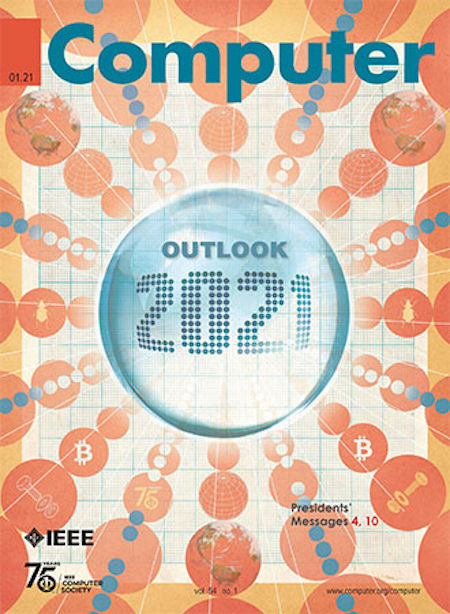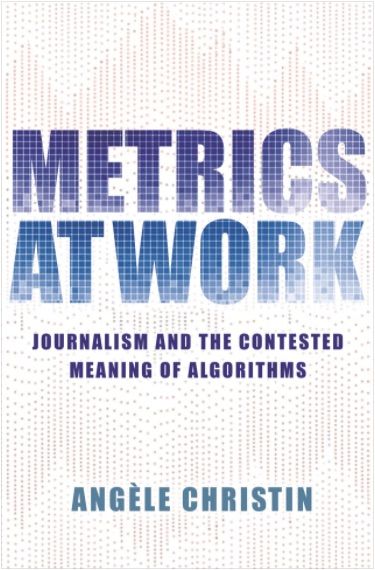
Karsten Wurth
Understanding today's challenges. Reimagining our future.
Science, Technology, and Society is a dynamic interdisciplinary major providing students with a liberal arts education for the twenty-first century.
One of the only Stanford majors to offer both Bachelor of Arts (BA) and Bachelor of Science (BS) degrees.
STS majors gain a broad understanding of how science, technology, and society interact, while developing depth within two or three focus areas. STS graduates have forged successful careers in many fields, including business, engineering, law, public service, medicine and academia.
We offer a variety of concentration options: Catastrophic Risks and Solutions | Communication and Media | Innovation and Organization | Life Sciences and Health | Politics and Policy | Social Dynamics of Data and Information.

Michael Dziedzic
Why STS?

Elliot Reyna
Concentrations

Linda A. Cicero
Honors Program

Linda A. Cicero
Faculty

Faculty Spotlight
Faculty Spotlight
Angèle Christin: Associate Professor of Communication and, by courtesy, Sociology
Professor Christin discovered STS through the work of Bruno Latour.
When she was a Master's student in France, Professor Christin spent a year conducting ethnographic fieldwork in a criminal court located in the outskirts of Paris. She was interested in how judges and prosecutors made decisions about defendants, and how…
Events and News:

Race in Science, Technology, and Medicine
Race in Science, Technology, and Medicine
This series brought together Black, Indigenous and other scholars and professionals of color (BIPOC) from around the nation to explore the intersections of race, racism and scientific practice. Speakers shared personal experiences and how they design their work for equity and justice, addressing race in such issues as energy infrastructure, nuclear arms control, algorithmic accountability, machine learning, artificial intelligence, and synthetic biology.
Faculty Bookshelf
I am so grateful for my STS education. My STS background has equipped me to move seamlessly through industries. STS empowered me to incorporate a framework driven by critical thinking as well as social, scientific, and ethical concerns in all areas of my work and personal life.







